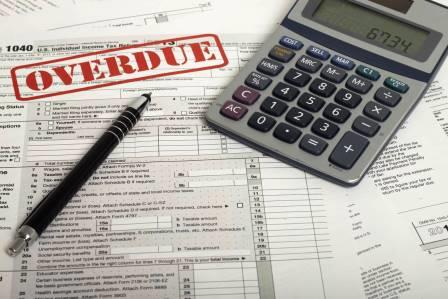Dealing with tax debts can be overwhelming, especially when you’re already in a Chapter 13 bankruptcy. As you work towards financial stability, understanding the interplay between bankruptcy and taxes becomes crucial. In this comprehensive guide, we’ll explore what happens when you owe taxes while in Chapter 13, how the IRS handles it, and your options for managing this challenging situation.
Chapter 13 Bankruptcy: A Brief Overview
Before diving into the tax implications, let’s revisit Chapter 13 bankruptcy:
- Chapter 13: Also known as “adjustment of debts,” Chapter 13 allows individuals (including sole proprietors) to create a repayment plan over a period of five years (or three years in cases of hardship). The bankruptcy trustee distributes payments to creditors based on the debtor’s disposable income.
Tax Obligations During Chapter 13
- Filing Tax Returns:
- You must file all required tax returns for periods ending within four years of your bankruptcy filing.
- During your bankruptcy, continue filing all necessary returns or obtain extensions if needed.
- Current Tax Payments:
- Pay all current taxes as they come due during your bankruptcy.
- Failure to file returns or pay current taxes may lead to case dismissal.
IRS Installment Agreement and Chapter 13
What Is an IRS Installment Agreement?
- An IRS installment agreement allows taxpayers to repay outstanding tax debt over time.
- It’s a long-term payment plan designed to ease the burden of tax obligations.
Can You Continue an IRS Installment Agreement in Chapter 13?
Unfortunately, no. Bankruptcy court does not allow you to maintain an existing IRS installment agreement while in Chapter 13. Here’s why:
- Integration into Bankruptcy Plan:
- Your outstanding tax debt becomes part of the total owed under your Chapter 13 bankruptcy plan.
- The bankruptcy trustee will handle repayment as part of the overall plan.
- No Separate Installment Agreement:
- You won’t continue making separate payments to the IRS.
- Instead, your tax debt is consolidated within the bankruptcy framework.
Why Chapter 13 Might Be Better
- Structured Repayment:
- Chapter 13 provides a structured repayment plan, ensuring consistent payments to creditors.
- It streamlines your financial obligations, including tax debt.
- Discharge of Older Tax Debts:
- Chapter 13 discharges personal liability for tax debts older than three years (unless returns were filed late).
- Businesses, however, don’t receive a discharge since they’re liquidated.
- Post-Petition Tax Liabilities:
- While Chapter 13 doesn’t discharge post-petition tax liabilities, it prevents the IRS from offsetting tax overpayments or sending them to the bankruptcy trustee.
Communicating with the IRS
- Notifying the IRS:
- If you listed the IRS as a creditor in your bankruptcy, they’ll receive electronic notice from the U.S. Bankruptcy Courts.
- Contact the Centralized Insolvency Operation if unsure about notice receipt.
- Refunds and Bankruptcy:
- To inquire about refunds during bankruptcy, call with your bankruptcy case number and ask for a bankruptcy specialist.
Conclusion
Navigating tax debts within Chapter 13 bankruptcy requires careful planning and communication. While you can’t maintain an IRS installment agreement, Chapter 13 offers a structured path toward financial recovery. Consult legal professionals and address your tax obligations proactively to achieve the best possible outcome.
